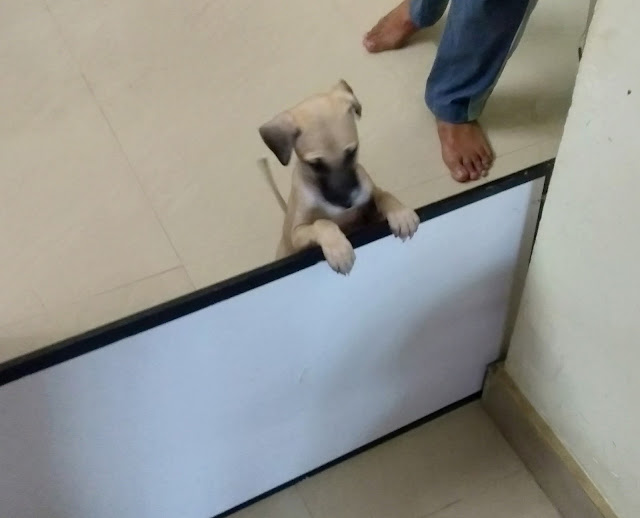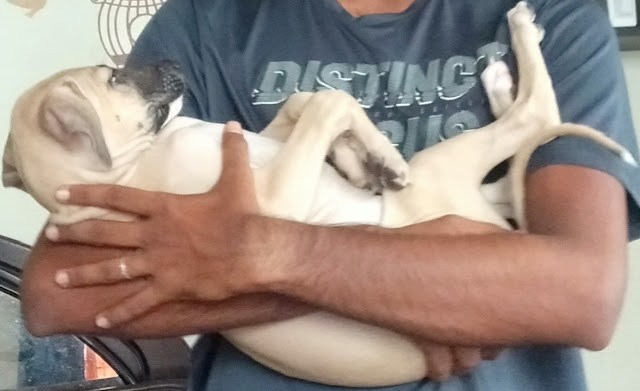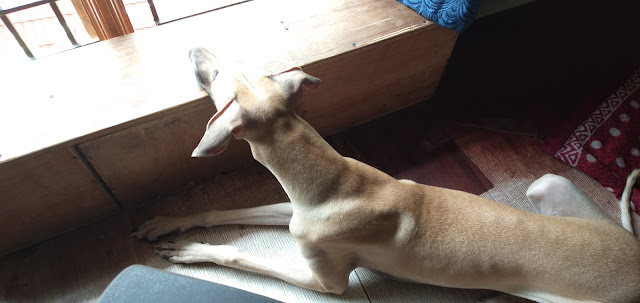Dog Diet Series: Episode 2 - What Does Your Dog Really Need in Their Diet?
When it comes to feeding dogs, there has never been a shortage of opinions. It can be an exhaustive task for new pet parents to identify the right from the wrong and the facts from the myths. How can a loving pet parent ensure that they feed their fur babies right? The only way possible is to make informed decisions.
Here is a simplified guide to the six essential nutrients your dog needs to thrive with recommendations on how to provide them naturally.
The Most Important Nutrients Your Dog Needs
Feeding your pet a balanced diet goes a long way in keeping her healthy and happy. Here are the six essential nutrients your dog should have.
1. Proteins
Builds muscles, supports immunity, improves fur.
Protein sources: Eggs, lentils, peas, curd, meat, soybean
2. Fats
For energy, brain, healthy hormone function and skin health.
Fat sources: Ghee, fish oil, flaxseed oil, eggs.
3) Carbohydrates
Unlike other nutrients, carbohydrates are not termed essential by experts. Still, a study says that dogs need carbohydrates for energy, to support healthy digestion and for overall wellness.
Carbohydrates Sources: Rice, oats, millets, sweet potato, pumpkin
4) Vitamins
Each vitamin has an important role to play from skin health to boosting immunity. We will cover them all in depth in individual posts.
5) Minerals
Minerals including calcium, phosphorus, zinc, magnesium and iron are important for bones, blood, skin and nerve function.
6) Water - The Most Forgotten Nutrient
Dogs should have access to drinking water 24X7 as water is their life force. Dehydration can cause severe damages including fatality. Always ensure your dog has access to clean drinking water round the clock.
To watch the video on YouTube, click here:
Homemade, Commercial or Mixed?
There's no one-size-fits all. The real goal is to provide your pet with balance, variety and suitability to ensure your pet enjoys great health. Understanding our pet goes a long way in creating a perfect diet plan, and yes, after consulting with your veterinarian.





Comments
Post a Comment